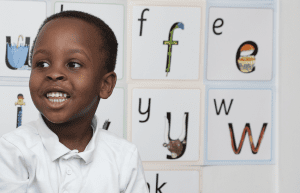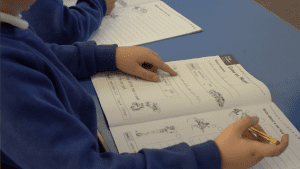

Ruth’s blogs

Ruth’s Blog: FRED’S PAL – Ofsted acronym
Is FRED’S PAL strong?This might help you remember what inspectors will be looking for! Fidelity to an SSP programme, from

Ruth’s Blog: Don’t take the ‘write’ out of Read Write Inc. Phonics
I wrote Read Write Inc. Phonics to teach reading and writing. I wove the teaching of reading and writing together into one programme: each

Ruth’s Blog: Headteachers who book Development Days are ahead of the game
My obsession with the teaching of reading grew out of failure. In the 1980s, I switched to a reading method

Guest Blog: Speech sounds – when to be concerned
By Nicola Grove, Honorary Senior Lecturer at University of Kent and Sarah Barnett, Independent Speech and Language Therapist in Somerset

Ruth’s Blog: Show parents what Reception children can do
Few books at home, no magnetic letters on the fridge? Win parents’ support from the very beginning. Show off what

Ruth’s Blog: Don’t confuse grouping with setting
I had to pass Grade 4 to join the school orchestra. Three years of lessons and practice – just to

Ruth’s Blog: Wired to thrive on repetition
It’s not the number of books you’ve got that matters, it’s how much you love them that counts. Young children

Ruth’s Blog: ‘Again, again!’ Why reading to your child every day is a predictor of later reading comprehension
Did you know that being read to is the most powerful predictor of your child’s future reading comprehension? By reading aloud a

Ruth’s Blog: Recycle your carpets – 6 good reasons to disband ‘carpet’ areas in Key Stage 2
For children from Nursery to Year 2, carpet time helps the teacher bring children together. Teachers read stories, set their
